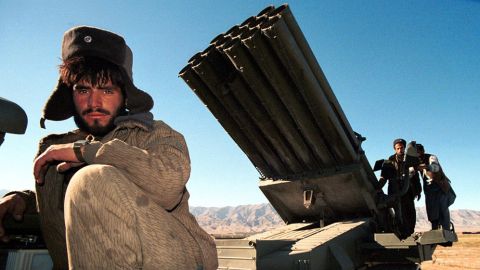Why Afghanistan is Still Relevant

I think we would like our friends outside of Afghanistan to ask why Afghanistan is important to the world and why the world should persist with Afghanistan. And my answer to that is that is if we abandon the myopic, short-term approach to politics in the region, I think Afghanistan plays a very important role in terms of where it’s situated between South Asia, with a nuclear Pakistan; a potentially nuclear Iran; Central Asia, which has vast wealth in terms of resources; the Middle East; China and Russia, and of course because of its history and how terrorist organizations basically were able to establish themselves in that region. I think that’s one important thing.
The other important thing, of course, is the sense of responsibility the world should have to Afghanistan. Afghanistan was a peaceful country up until ’78. The Russians invaded in 1980. The world went and pumped a lot of money into these religious organizations to entice them to fight the Russians. It was a sort of a proxy war of the West. The Russians left in 1989. Then the world abandoned Afghanistan. Now if the West hadn’t helped the Afghan religious groups and established religious schools and so forth, the Russians would have probably prevailed.
But at the same time we wouldn’t have had these radical groups, which have mushroomed in that region. So there has to be a sense of responsibility from the West and particularly the Americans in terms of the devil, the monster they have created and one which they have to deal with.
Afghanistan was able to defeat the Russian Empire and save the West billions of dollars in defense-related costs. At the same time there has to be a sense of duty that this monster has been created and it is still alive and still very strong. If it’s to be eradicated it has to be eradicated in Afghanistan—its birthplace basically. If you look at radicalism in North Africa and Afghanistan and Pakistan and Central Asia its birthplace is the Afghan, Pakistani border with U.S. government money channeled through the Saudis and the Pakistanis.





